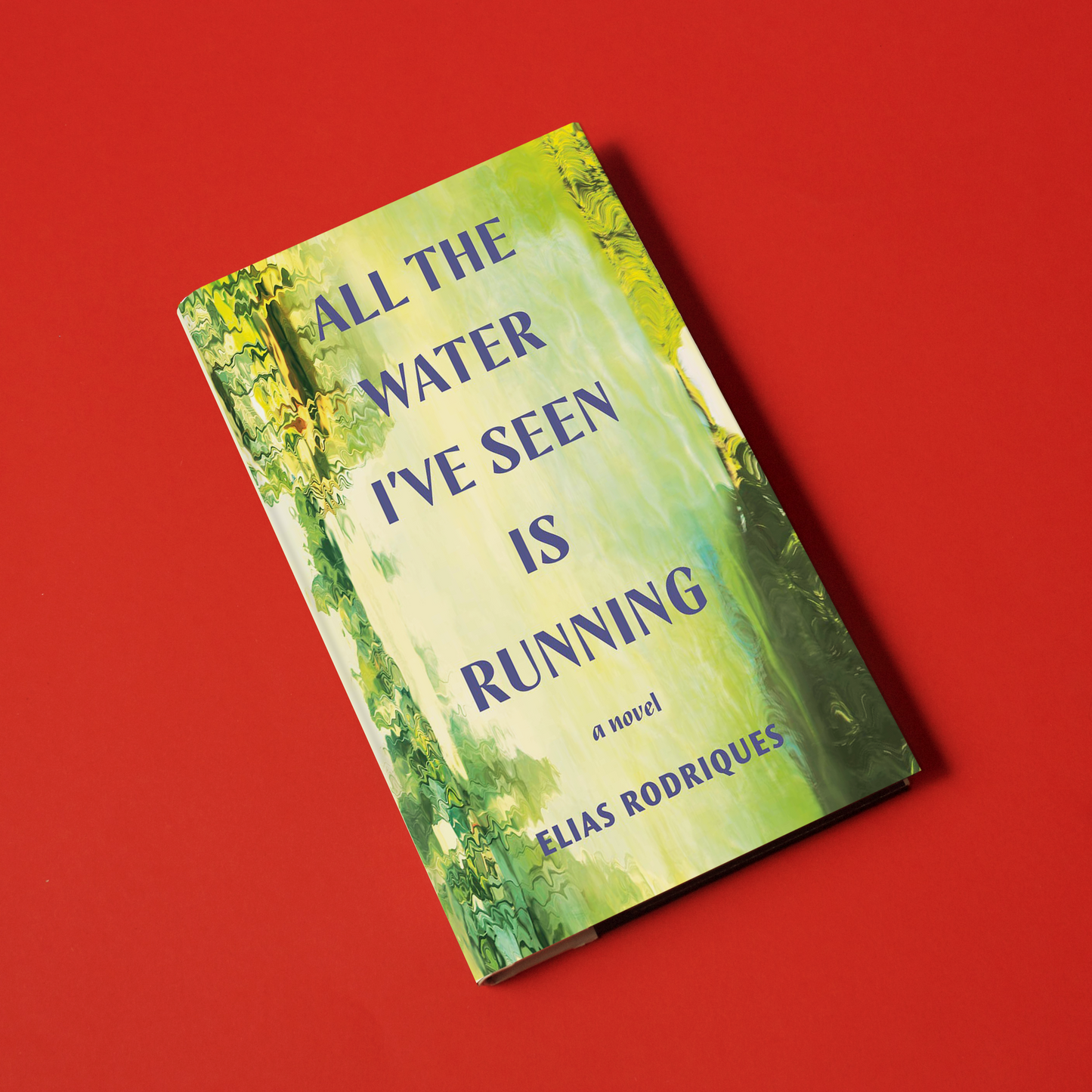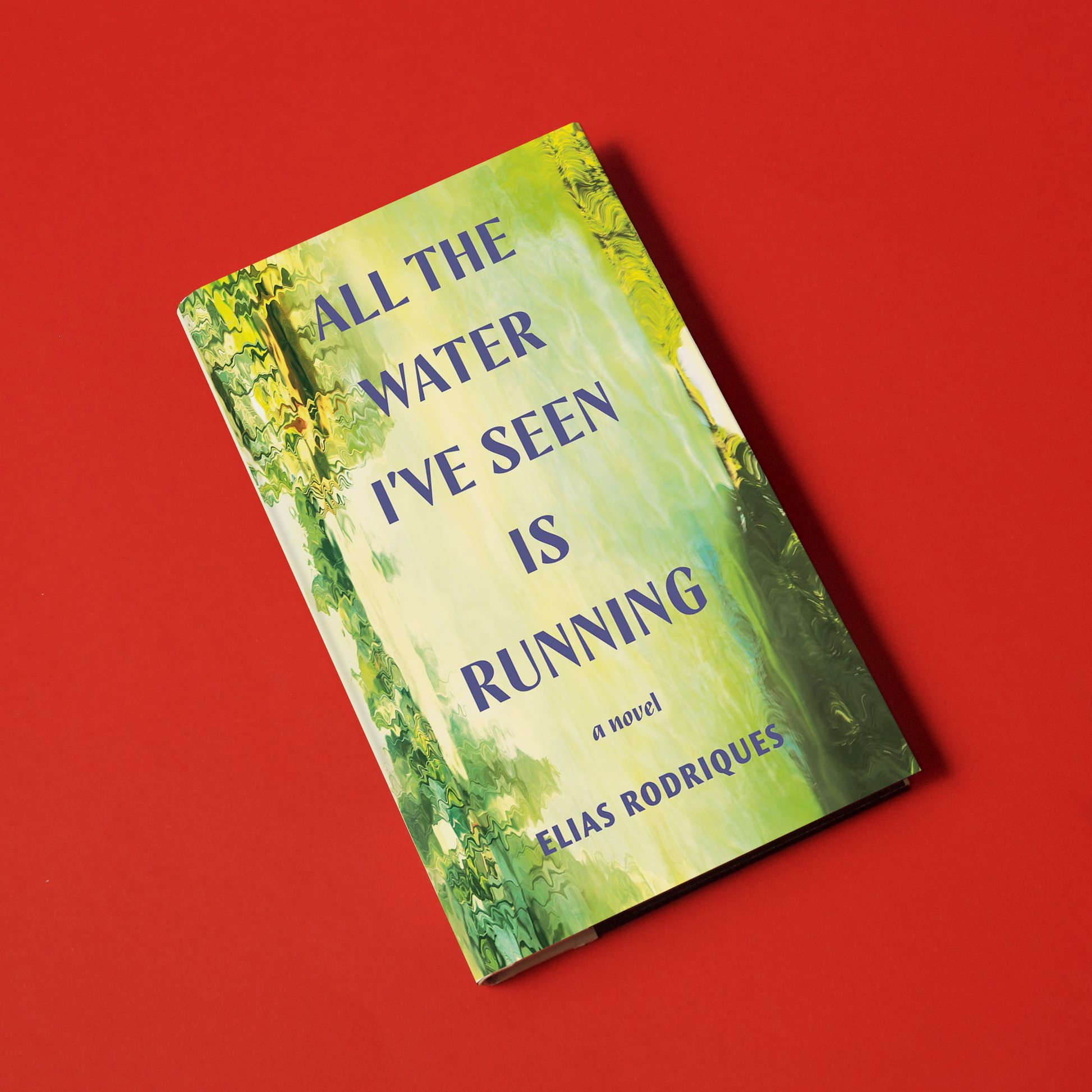All the Water I’ve Seen Is Running, by Elias Rodriques
Couldn't load pickup availability
Along the Intracoastal waterways of North Florida, Daniel and Aubrey navigated adolescence with the electric intensity that radiates from young people defined by otherness: Aubrey, a self-identified "Southern cracker" and Daniel, the mixed-race son of Jamaican immigrants. When the news of Aubrey’s death reaches Daniel in New York, years after they’d lost contact, he is left to grapple with the legacy of his precious and imperfect love for her. At ease now in his own queerness, he is nonetheless drawn back to the muggy haze of his Palm Coast upbringing, tinged by racism and poverty, to find out what happened to Aubrey. Along the way, he reconsiders his and his family’s history, both in Jamaica and in this place he once called home.
Buoyed by his teenage track-team buddies—Twig, a long-distance runner; Desmond, a sprinter; Egypt, Des’s girlfriend; and Jess, a chef—Daniel begins a frantic search for meaning in Aubrey’s death, recklessly confronting the drunken country boy he believes may have killed her. Sensitive to the complexities of class, race, and sexuality both in the American South and in Jamaica, All the Water I’ve Seen Is Running is a novel of uncommon tenderness, grief, and joy. All the while, it evokes the beauty and threat of the place Daniel calls home—where the river meets the ocean.
Praise for All the Water I’ve Seen Is Running
“In this story of a Florida homegoing, Elias Rodriques builds a raw and poignant poetry out of colloquial speech. Race, friendship, sex, the violent bluster and hopeful tenderness of youth, running and swimming and gigging for flounder, guilt and grief, the past that slips through your fingers and the past that rides heavy on your shoulders—many deep tributaries merge here, in a river that meets the sea.” —Chad Harbach
“This novel; this portrayal of American youth—tender, and tough, and searching; this voice, which absorbs and transforms tragedy into elegy; this is one I've been waiting for. All the Water I've Seen Is Running is a mesmerizing look at friendship and loss, and Elias Rodriques is a devastating wonder.” —Justin Torres
“[A] fresh and rhapsodic debut . . . This melancholy story is a startling and necessary addition to the canon or works that parse what it means to grow up in the American South.” —Publishers Weekly


